Trump’s Proposed Tariffs Could Make Luxury Perfume Ingredients Pricier Than Ever
The president’s promise to impose tariffs on foreign goods is expected to hit fragrance houses hard.


No matter your political allegiance, most Americans can agree: We all like to smell good. The problem—for the foreseeable future, at least—is that it may come at a high cost. Along with the incoming president shaking up the country with unhinged cabinet appointments, unethical immigration laws, and oppressive reproductive legislation, Donald Trump and co. may also be coming for your perfume.
The president has promised to impose tariffs on imported goods once he’s in office. It's not the first time: During the first Trump presidency, approximately $380 billion in tariffs were imposed on thousands of products. This resulted in about $80 billion in new taxes on the American people. This time around, Trump has promised a 25 percent bump on all imports from Canada and Mexico, plus an additional 10 percent tariff on all imports from China. Everyday essentials, like groceries and gas, will be hit most immediately—but luxury goods and non-essentials, including fragrance, may also be affected.
The reason: Many fragrance houses import not only raw ingredients—like roses, patchouli, jasmine, benzoin—but also packaging supplies, like glass bottles, atomizers, and boxes. Trump's tariffs may increase costs across the supply chain, particularly for imported raw materials and finished products.
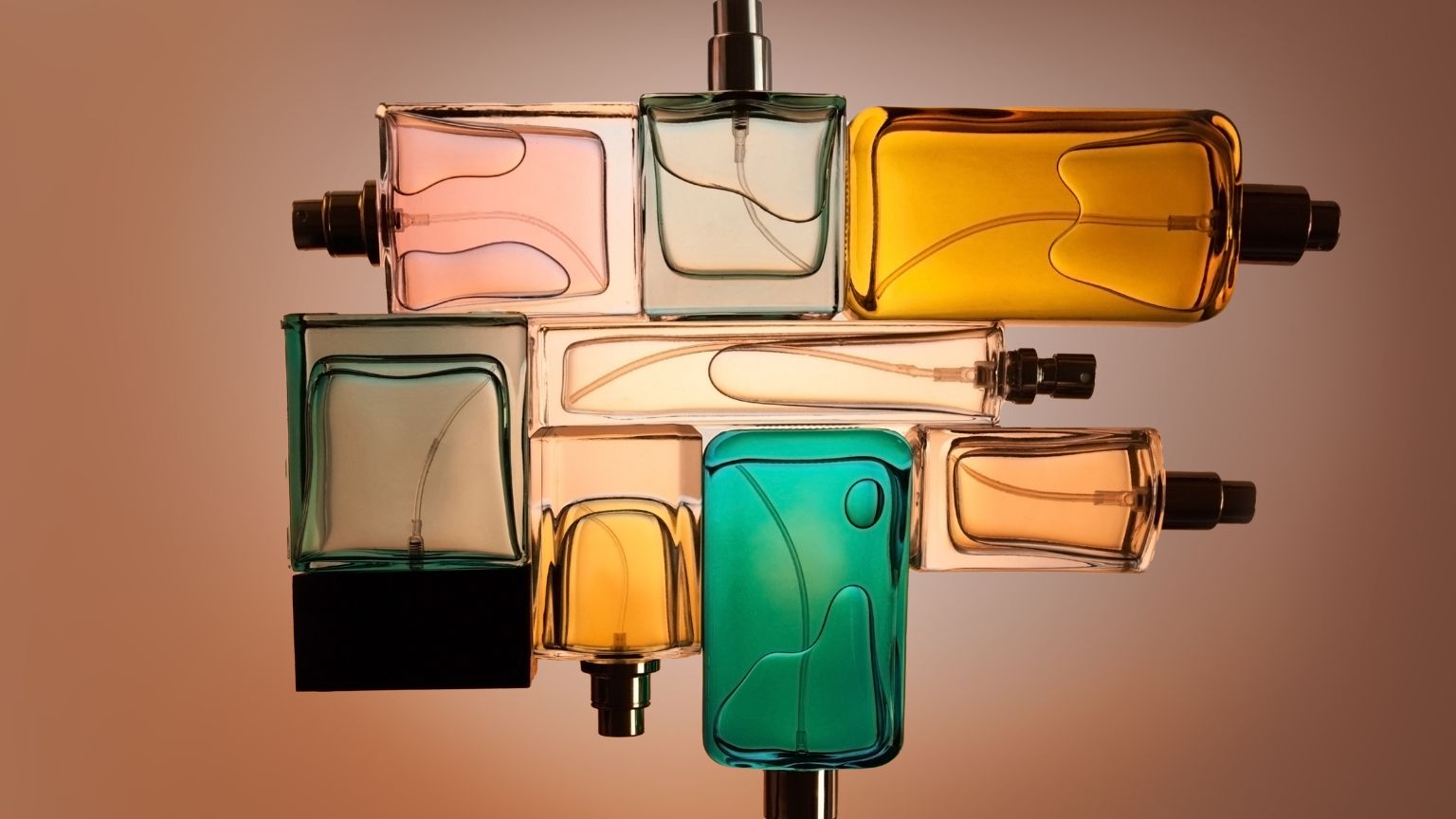
Fragrance prices have the potential to skyrocket due to new tariffs on raw ingredients.
“In perfumery, we often distinguish between natural and synthetic or ‘man-made’ perfume ingredients,” explains Nic Mastenbroek, perfumer at Ruth Mastenbroek Perfumer London. “Generally, the natural ingredients are the most expensive because of the longer and more complicated processes to produce an amount of oil, resin, or absolute that can be used in a perfume formula.”
Some of the most expensive naturals are sourced abroad: oud oil from Cambodia; rose oil from Morocco and Bulgaria; jasmine absolute from Egypt; and sandalwood oil from Australia or India. Of the synthetics, the most expensive are ambroxan, amber extreme, damascenone, and some specialty floral or green ingredients. Christophe Laudamiel, perfumer, chemist, and cofounder of DreamAir Creative Studios in New York City, explains that natural ingredients such as narcissus, tuberose, oud, vanilla, rose, orris, broom, carnation, boronia, and neroli can range from $2,000 to $50,000 per pound; synthetic molecules aree between $500 to $1,000 per pound.
The rarity and the work needed to extract some of these ingredients make them all the more costly. “Oud is derived from agarwood and is produced only when aquilaria trees are infected by a specific mold, making it extraordinarily rare,” says Jean Madar, CEO and chairman of InterParfums, Inc., the fragrance house behind beloved brands like Oscar de la Renta, MCM, and Ferragamo.
Rose de Mai is another raw ingredient that’s fairly expensive. “It’s hand-harvested exclusively in Grasse, France, during a brief blooming window; it takes an extraordinary number of petals and painstaking labor to produce even a small amount of essential oil,” Madar says.
Get exclusive access to fashion and beauty trends, hot-off-the-press celebrity news, and more.
And the extraction process is only the beginning of the journey. Each note must then be packed and shipped to the formulators and then the marketing team, all adding to the cost. Mastenbroek says that ingredients like geranium, eucalyptus, spearmint, and peppermint oils, often sourced from China, could see the immediate impacts of tariffs and ultimately price hikes on the scents that rely on them.
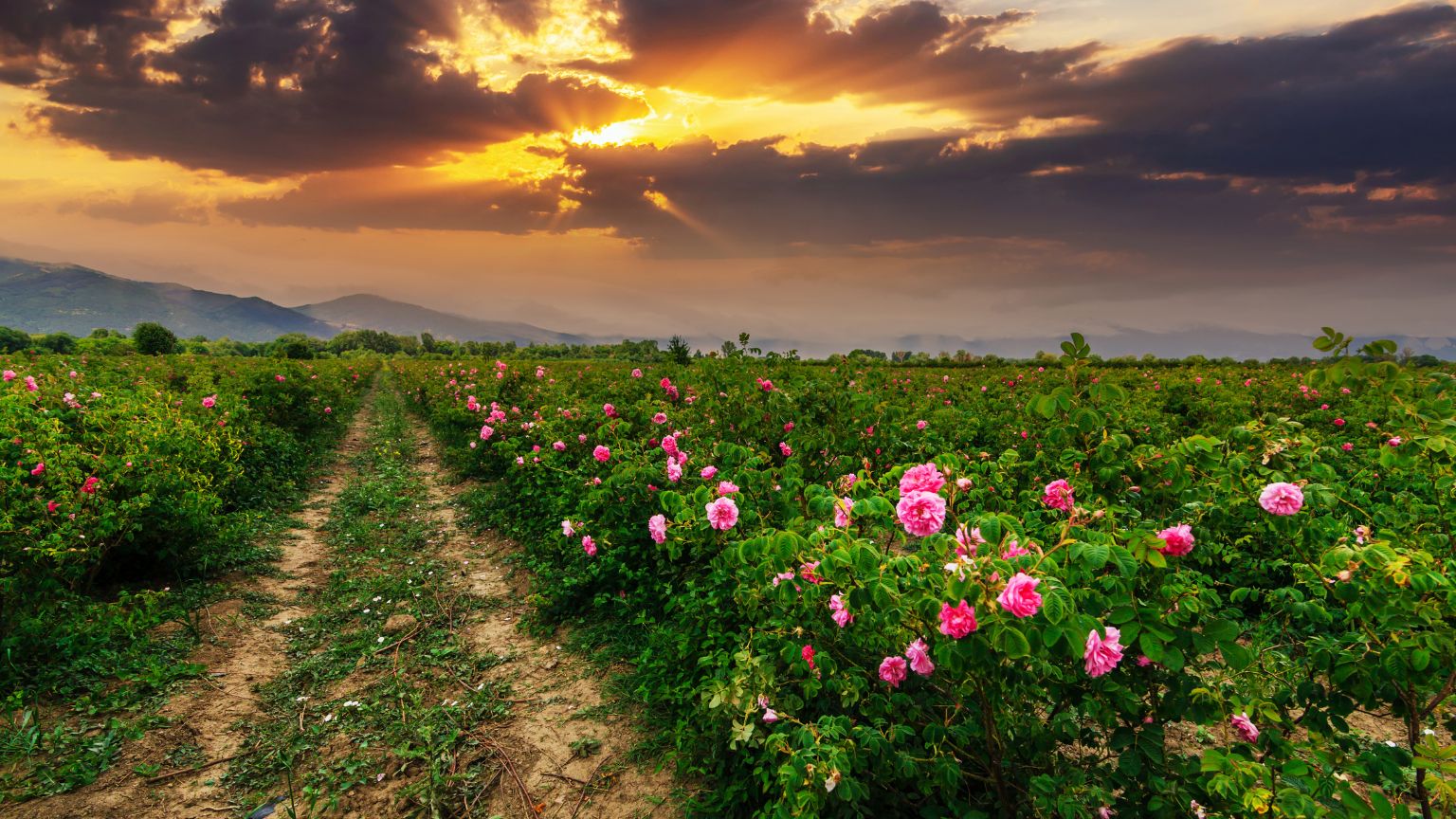
Popular ingredients, like Bulgarian roses, will become more costly to import for perfumes.
Why not source materials from countries that haven’t been hit with tariffs? Ines Guien, VP of Operations for Dossier, explains: “There are some ingredients that are grown in more than one country, but due to different air quality, climate, soil, and more, the odors are completely different.” She adds that the United States doesn’t currently have the structure or the climate to produce jasmine, rose, or tuberose. “So we must outsource to get these fragrance notes.”
Dossier is seemingly getting ahead of potential challenges by building affordable fragrance profiles inspired by pricier perfumes, including Maison Francis Kurkdjian’s viral $335 Baccarat Rouge 540 (Dossier's version Ambery Saffron costs $49). But other factors, like political climate, can also gouge pricing. “We had challenges getting vetiver oil from Haiti due to their political climate,” Guien shares.
Ultimately, there's no denying the power of perfume to mood boost, unlock memories, and zen you out when needed. According to a 2024 Fragrance Trends report by consumer and market insights agency Mintel, 23 percent of US adults spent more than $60 on their last fragrance purchase, and 40 percent of those say that they consider fragrance an affordable luxury. But with the financial shifts that come with this new administration, perfume may just become a luxury less affordable.
Meet the Experts
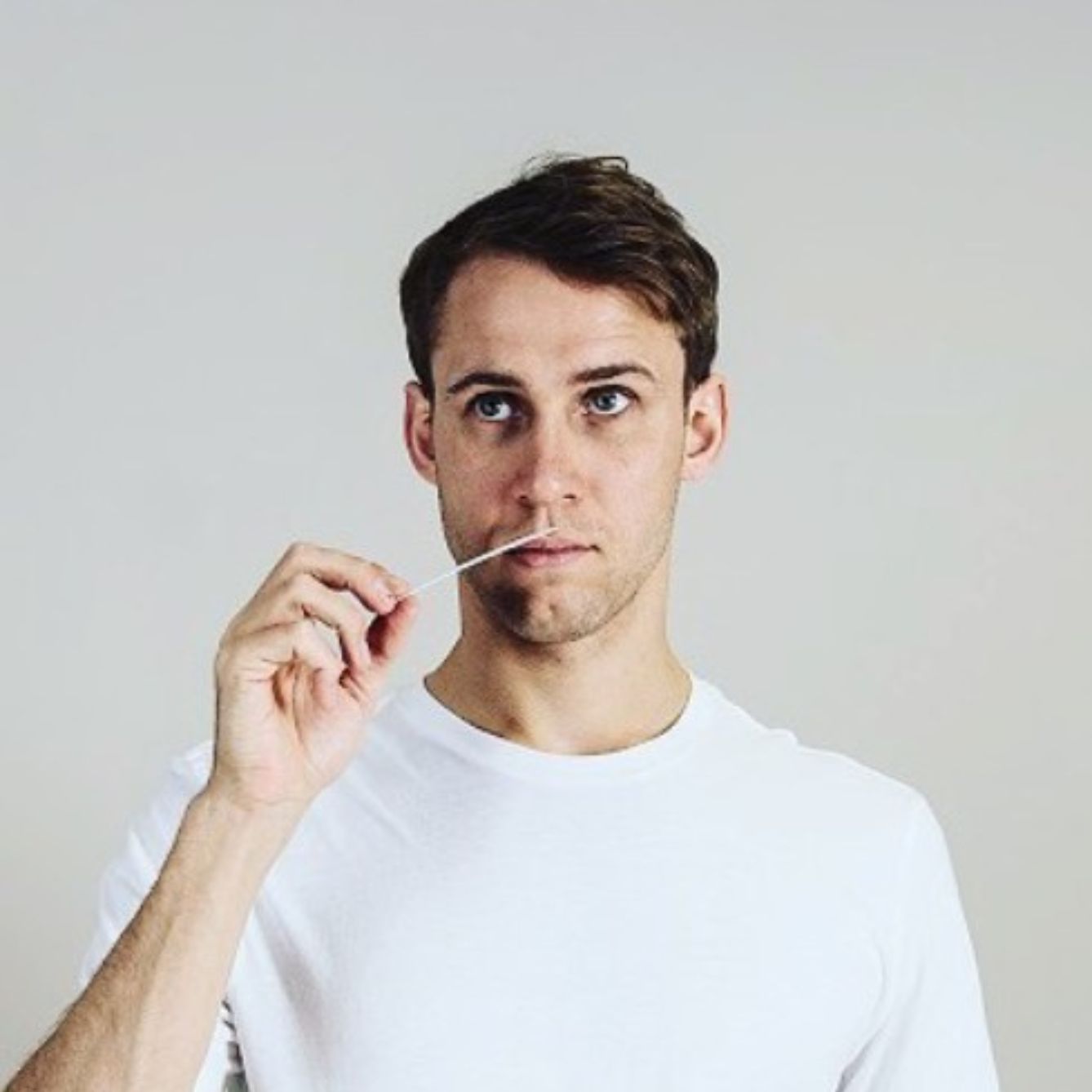
Nic Mastenbroek is a perfumer and creative director at Fragosmic and Ruth Mastenbroek Perfumer London. Nic Mastenbroek is a 2nd generation perfumer from England. Having grown up around his mother Ruth’s perfumery career just outside London, he felt the aromas of raw materials, accords and fragrances seep into him from a young age. Nic’s fragrances take inspiration from his eclectic mix of passions and interests; from the British landscape that he loves to explore, to his varied music, books and art, as well as experiences of travel within the UK and to exotic destinations.
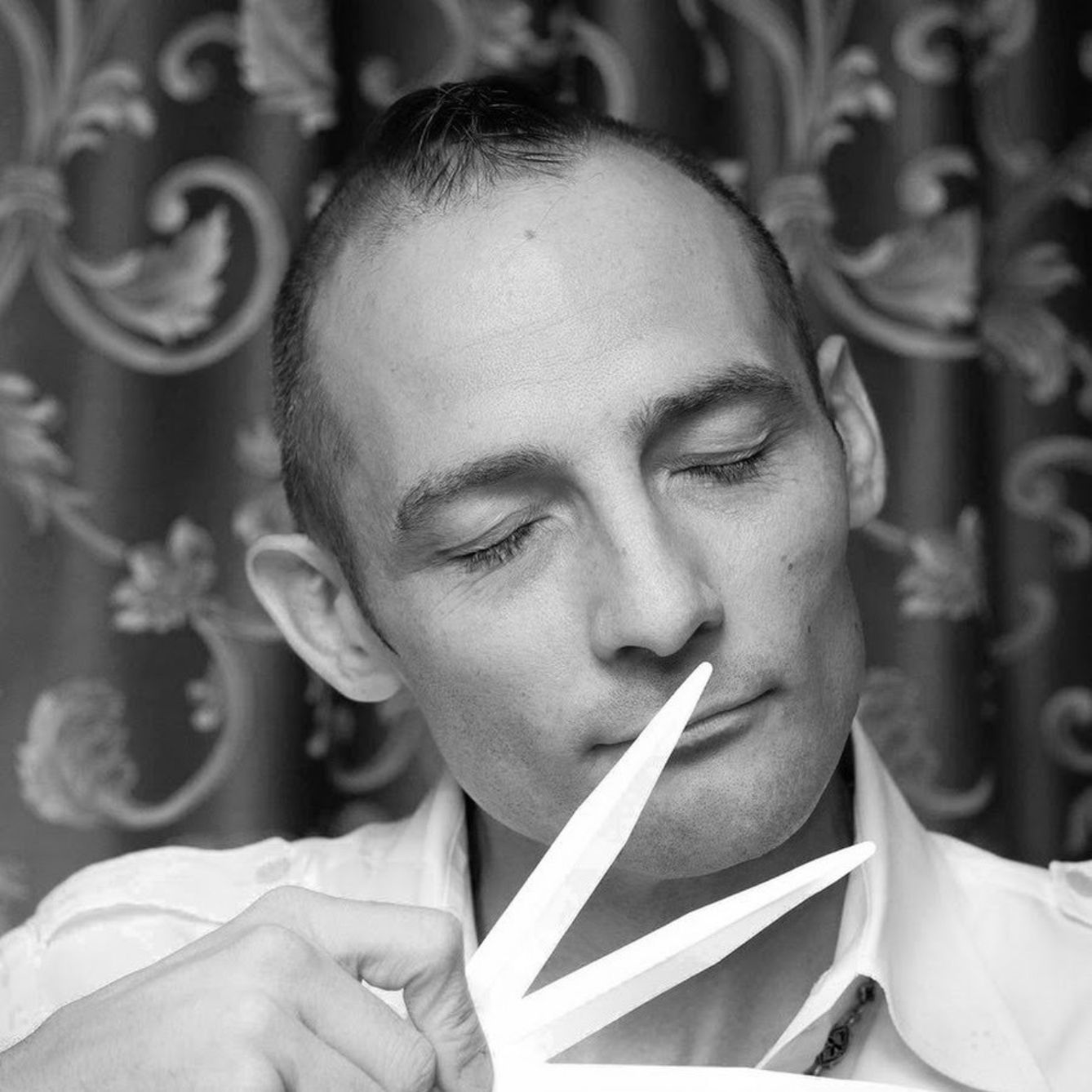
Christophe Laudamiel is a master perfumer in fine fragrances and scent engineer for ambient installations and film. He is the in-house perfumer at Osmo New York and BélAirLab Tokyo following a career at Procter & Gamble and International Flavors & Fragrances in NYC. Christophe is respected throughout the industry for his pursuit of ethics within a field historically void of deontology code. He founded the Perfumery Code of Ethics and is a very active and vocal defender of the fair use of natural precious ingredients in perfume compositions.
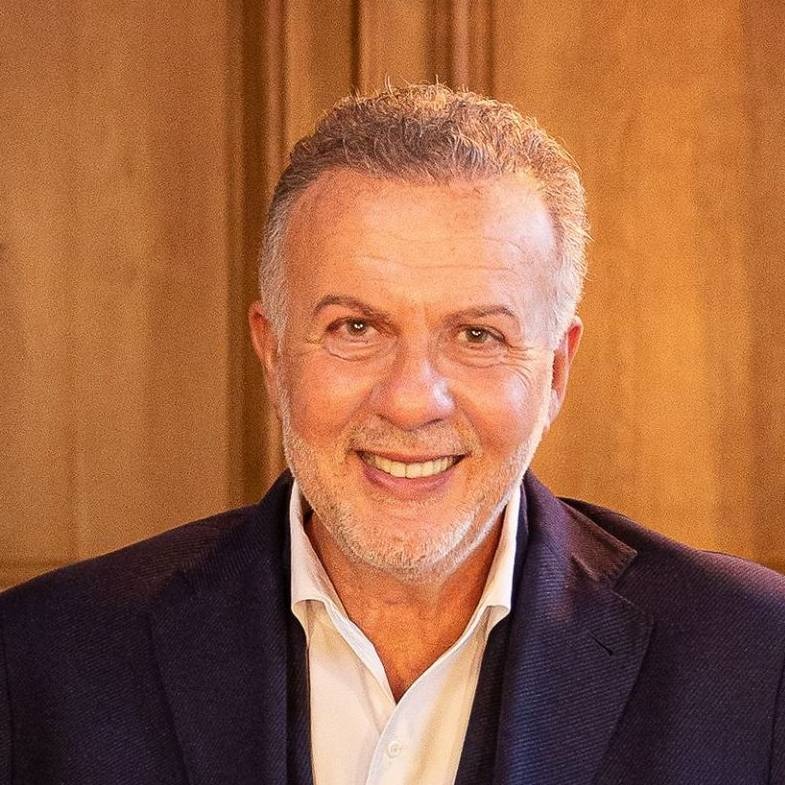
Jean Madar is Chairman of the Board and CEO of InterParfums, Inc., a global prestige
fragrance company, whose products are sold in over 120 countries. Jean has many awards and honors to his credit. From global entrepreneurial awards to accolades for his creative work in health & beauty, his commitment to his business and fragrance industry continues to be recognized. Over the years Jean and his associates at InterParfums have also accepted numerous FiFi awards from the Fragrance Foundation.
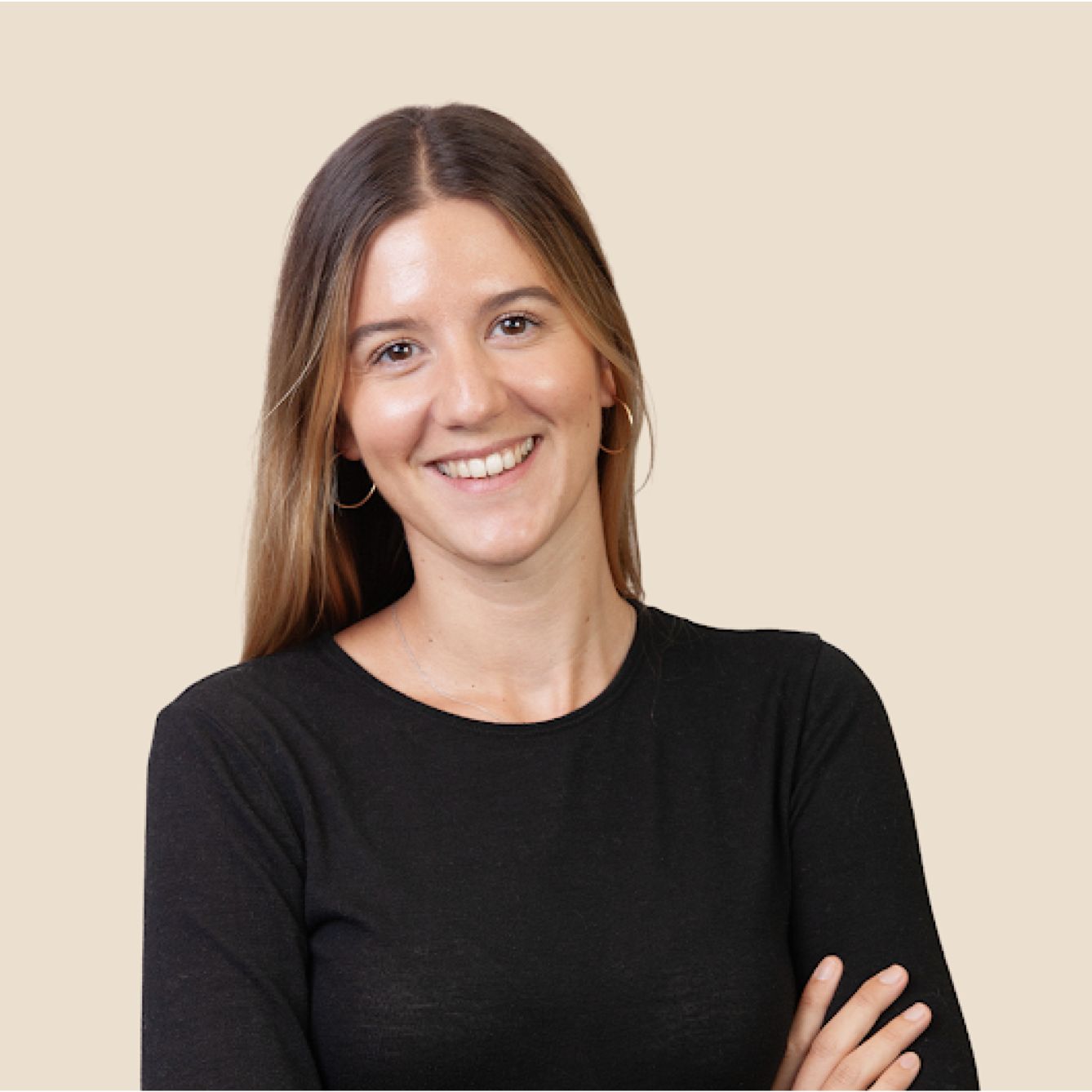
Ines Guien is the VP of Operations at Dossier, a perfume house for the next generation, where French craftsmanship meets innovation, enabling universal access and self-expression for the many. Ines oversees all aspects of operations and product development from ideation to final production, from innovation and trend forecasting to new product development and supply chain.
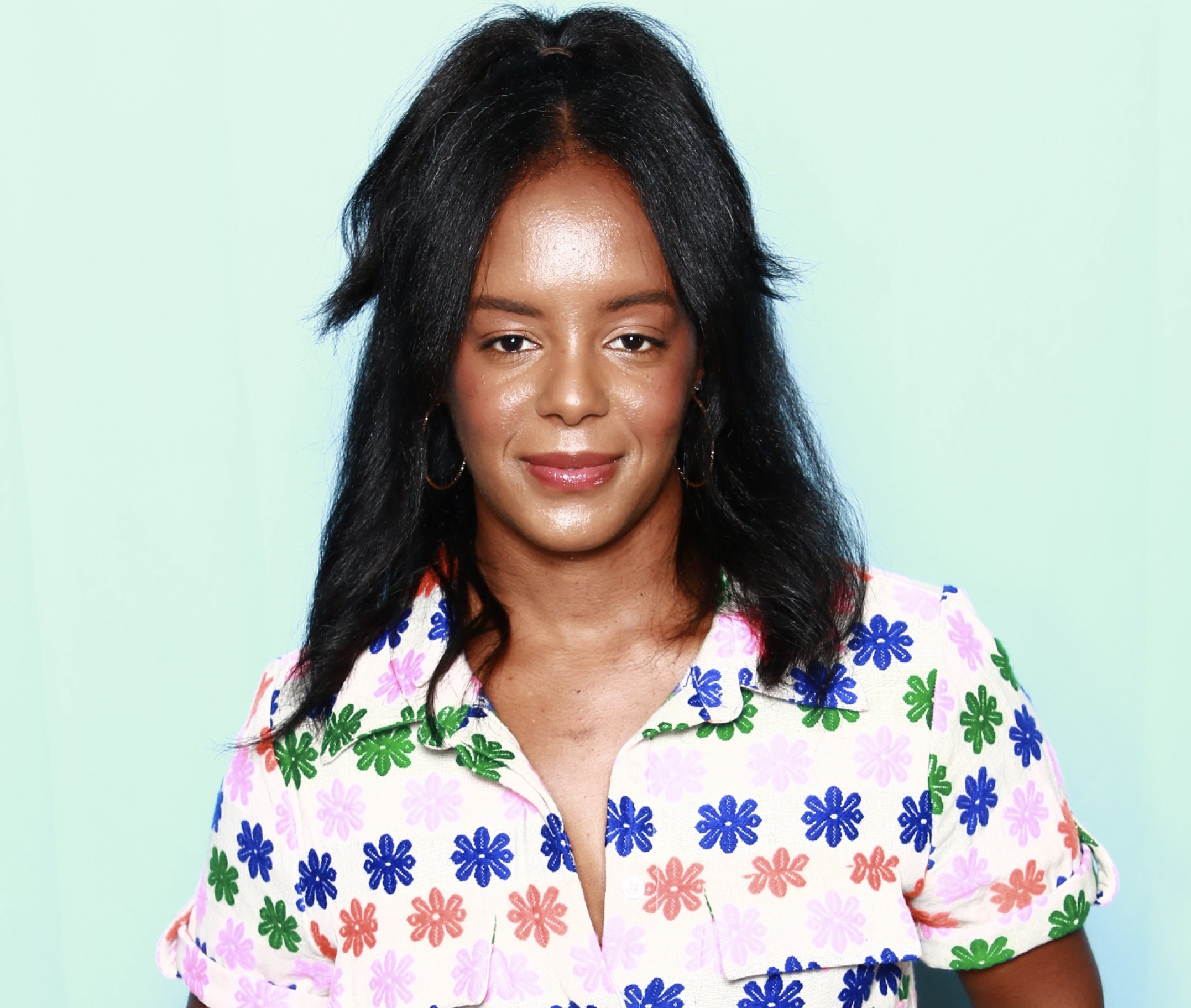
Nykia Spradley is a lifestyle journalist with over a decade of experience shaping editorial and e-commerce strategies for leading lifestyle media brands. Having held senior roles at Seventeen, ELLE, Allure, and Essence, Nykia has built a reputation as a trusted voice in the shopping, beauty, style, and home spaces. You can find her work on Harper’s Bazaar, Esquire, Seventeen, ELLE, Glamour, The Strategist, and more. Nykia has tested everything from eye cream to mattresses and will always keep it real about what's worth your money before you add to cart.